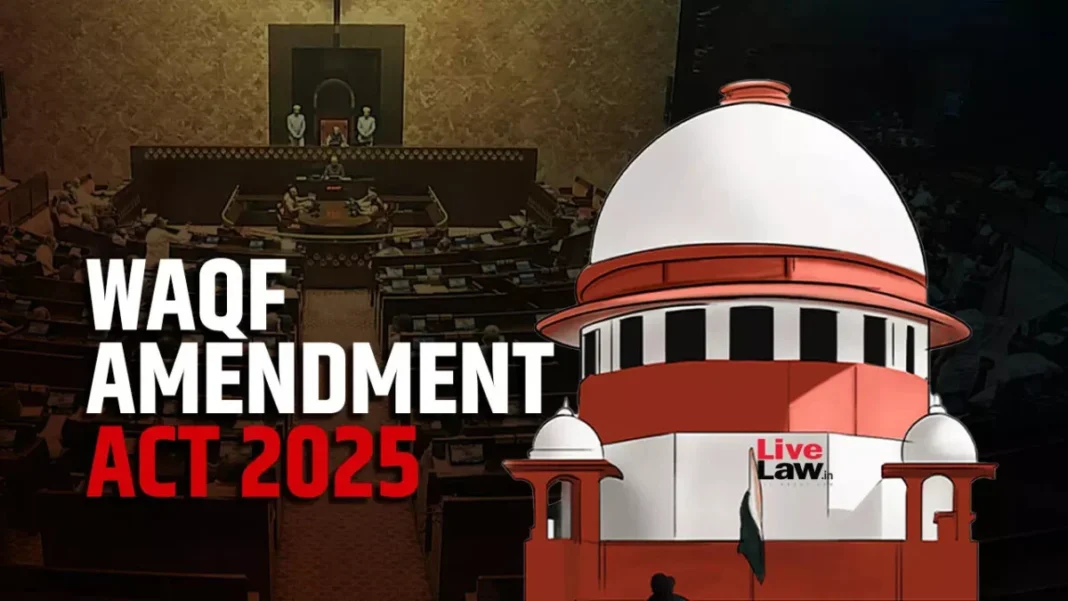How does a new law about Waqf properties spark such intense debate in India’s highest court? The Waqf (Amendment) Act, 2025, has ignited fierce arguments in the Supreme Court of India, where petitioners claim it unfairly targets Muslim charitable lands. They argue that this law could lead to property seizures without proper legal steps, stirring concerns among communities about their rights and heritage. The court, however, has noted that every law starts with a presumption of constitutionality, meaning challengers must present a very strong case to overturn it.
The Supreme Court identified three core issues with the new law during recent hearings.
These include the concept of “Waqf by user,” the nomination of non-Muslims to Waqf boards, and the role of state Waqf Boards in managing properties. Petitioners have raised alarms, stating the amendments violate key constitutional rights under Articles 14, 25, and 26, which protect equality and religious freedoms. They’re particularly upset about provisions that could strip Waqf properties of their status if not registered, a shift from earlier laws, and rules requiring proof of being a “practising Muslim” to manage these assets.
On the other side, the Centre, represented by Solicitor General Tushar Mehta, defends the Waqf (Amendment) Act, 2025, as a necessary reform. The government insists that the changes came after a detailed study and don’t infringe on religious freedoms. Mehta argued in court that Waqf is a secular concept, applicable across religions, not just Islam.
“The intent isn’t to capture properties but to clarify and strengthen the legal framework,” the Centre stated, dismissing claims of unfair targeting as misleading narratives lacking evidence.
Critics, however, aren’t convinced, pointing out potential impacts on property rights. They argue that the law allows asset takeovers without judicial oversight, which could mean Muslim charitable lands are at risk of expropriation. This has heightened community concerns about how Waqf properties—often used for mosques, schools, or orphanages—will be managed or protected under the new rules. The fear is that the strict conditions imposed by the amendments might limit religious freedom, a right deeply valued in India’s diverse society.
Additionally, the government clarified that the de-recognition of “Waqf by user” is prospective in nature, ensuring protection for pre-registered waqfs under the new legal framework. The court also emphasized that interim relief will only be granted if the petitioners present a strong and glaring case to justify staying the law’s provisions. The Supreme Court’s eventual ruling on the Waqf (Amendment) Act, 2025, could set major legal precedents, not just for Waqf properties but for broader religious and property laws in India. As the case unfolds, it’s clear that the controversy isn’t just about legal text; it’s fueling wider social tensions over how religious rights and property management are balanced in a secular nation. Both sides await the court’s decision, knowing it’ll shape the future of Waqf properties, which hold significant cultural and charitable value for many.

